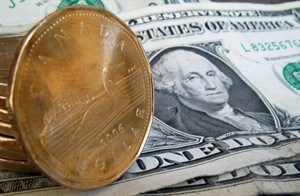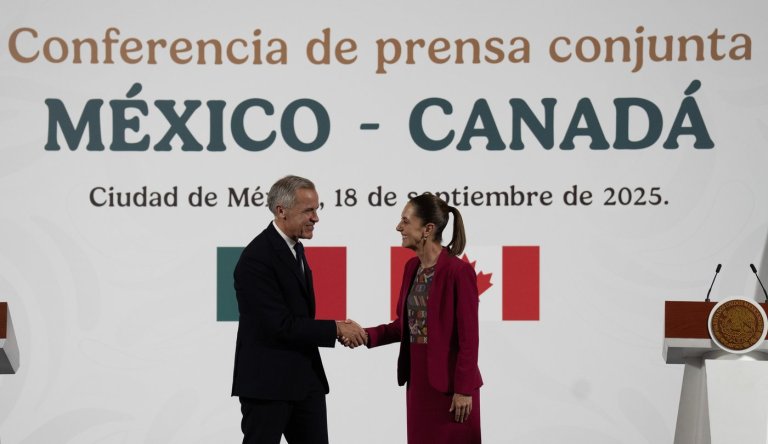
Loonie rises ahead of interest rate announcement, expected Quebec election call
TORONTO – The Canadian dollar was higher Wednesday ahead of the Bank of Canada’s latest interest rate announcement and an expected election call in Quebec.
The loonie rose 0.29 of a cent to 90.38 cents US.
The central bank is widely expected to hold off on raising its key rate, currently one per cent, until early next year.
Economists also don’t expect major changes in language in the bank’s statement.
Meanwhile, Quebec premier Pauline Marois is expected to call an April 7 vote. Marois is aiming for a majority mandate as the perceived front-runner, thanks to her government’s controversial-yet-popular secularism charter.
Investors also continued to monitor the standoff between Russia and Ukraine.
Markets started the week off with losses after Russian troops invaded Ukraine’s Crimean peninsula over the weekend. Russia has key military installations there and many people are Russian speaking.
But markets calmed down Tuesday after Russian president Vladimir Putin ordered Russian troops participating in military exercises near Ukraine’s border to return to their bases. He also said he hopes that Russia, which does not recognize the new Ukrainian leadership, won’t need to use force in eastern Ukraine.
On Wednesday, the European Union announced it is proposing to provide Ukraine an 11 billion euro aid package in loans and grants over the coming years.
Meanwhile, figures released Wednesday suggest eurozone growth is accelerating, at least in the period before the crisis in Ukraine escalated.
A survey from financial information company Markit suggested that economic growth in the eurozone accelerated to a 32-month high in February, largely on the back of the services sector and strong growth in Germany, Europe’s largest economy.
Traders are also focusing on the National People’s Congress in China. The country’s leaders pledged Wednesday to promote sustainable growth by opening state-dominated industries to private investment and making banks more market-oriented while keeping this year’s economic expansion at 7.5 per cent.
There was also a disappointing read in U.S. private sector job creation during February. Payroll firm ADP reported the private sector created 139,000 jobs during the month, short of the 160,000 that was expected. The data came out two days before the release of the U.S. government’s jobs report for February. Economists expect that, overall, the economy created a total of 150,000 jobs during the month.
Canadian jobs data also comes out Friday with the expectation that the economy cranked out about 19,000 jobs during February.
On the commodity markets, April crude in New York declined 30 cents to US$103.03 a barrel.
May copper was unchanged at $3.22 a pound while April bullion dipped 20 cents to US$1,337.70 an ounce.
Join the Conversation!
Want to share your thoughts, add context, or connect with others in your community?
You must be logged in to post a comment.



















